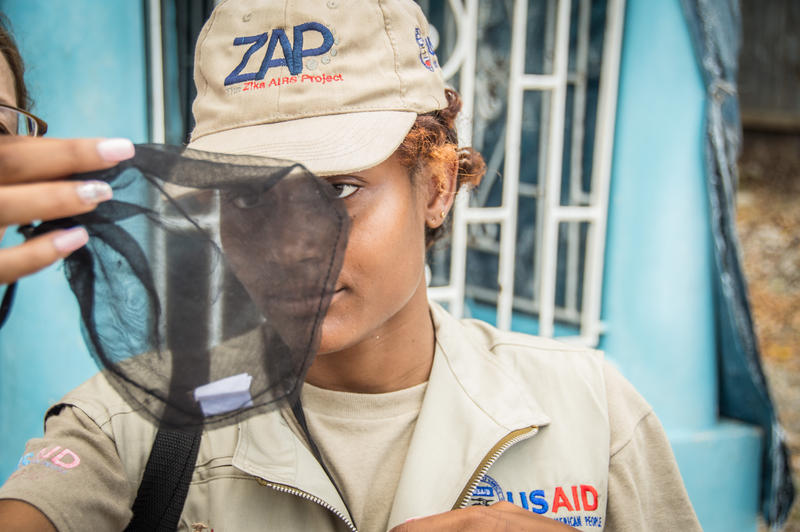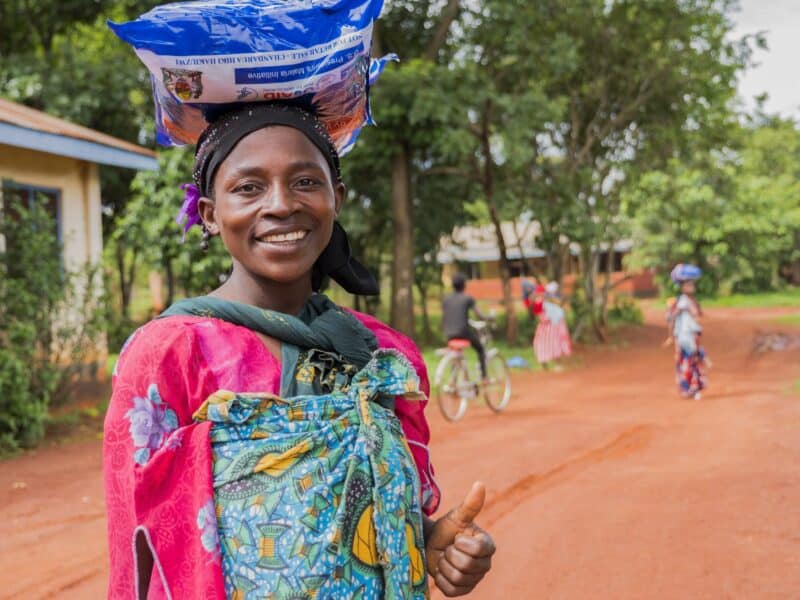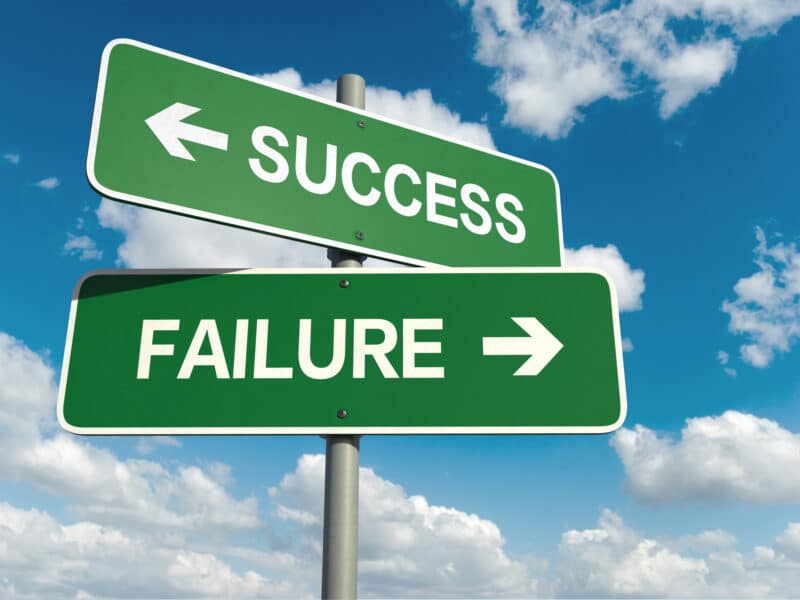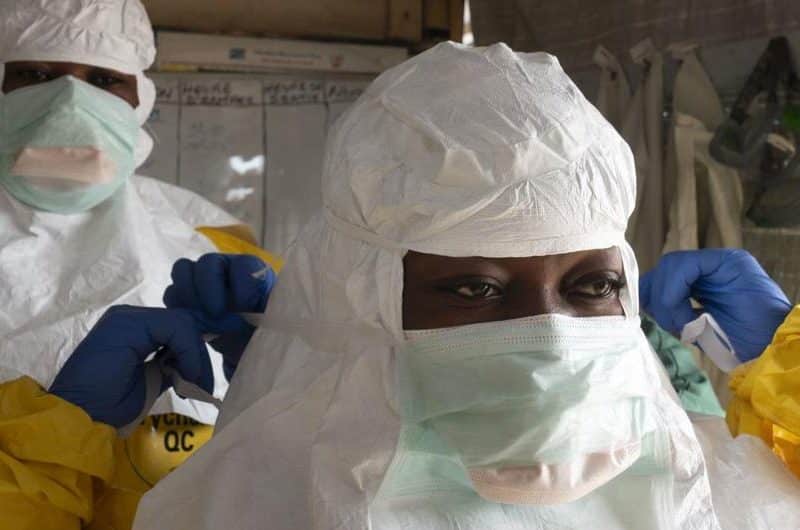The Johns Hopkins Center for Communication Programs will play a crucial role in a new project designed to help strengthen the world’s response to future infectious disease outbreaks.
The READY project is a three-year, $8 million initiative funded by the U.S. Agency for International Development’s Office of U.S. Foreign Disaster Assistance and awarded to a global consortium led by the non-profit Save the Children.
Recent outbreaks of Ebola and Zika have exposed gaps in how governments, donors and aid agencies coordinate and respond to far-reaching disease epidemics around the world.
Particularly in the West Africa Ebola outbreak that began in 2014, it became clear that lack of trust in emergency response efforts and health facilities at the community level likely exacerbated the crisis. At the same time, health officials were hampered in their ability to engage community members to help contain the disease, a critical approach in fighting an outbreak.
“Infectious disease emergencies have disastrous impacts on families, societies, systems, and economies,” says Jesse Hartness, Save the Children’s senior director for emergency health and nutrition.
One of the goals of READY is to ensure that the world isn’t solely prepared for an outbreak of a familiar disease, but for something that they may not even know exists yet.
“We are charged with putting a comprehensive strategy and system in place so that should an emergency occur, we will be ready to respond,” says CCP’s Kathryn Bertram, who will work on READY. “While we will be modeling specific diseases and conducting multi-sectoral response simulations, this strategy will ensure we are well prepared for whatever happens.”
Among the items that will be gathered and evaluated are research, experts lists, evidence-based tools and global-, regional- and country-level guidance.
CCP’s role in READY will be to help lead the project’s social and behavior change component which will prioritize communications and community engagement.
Other partners in the READY consortium include the Johns Hopkins Center for Humanitarian Health, UK-Med, MERCY Malaysia and the EcoHealth Alliance.





